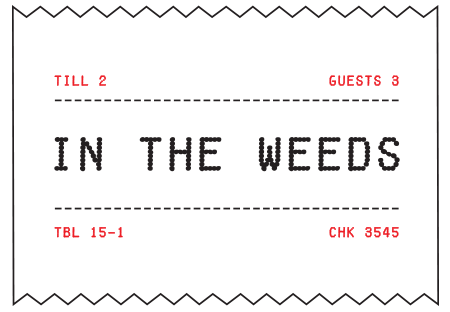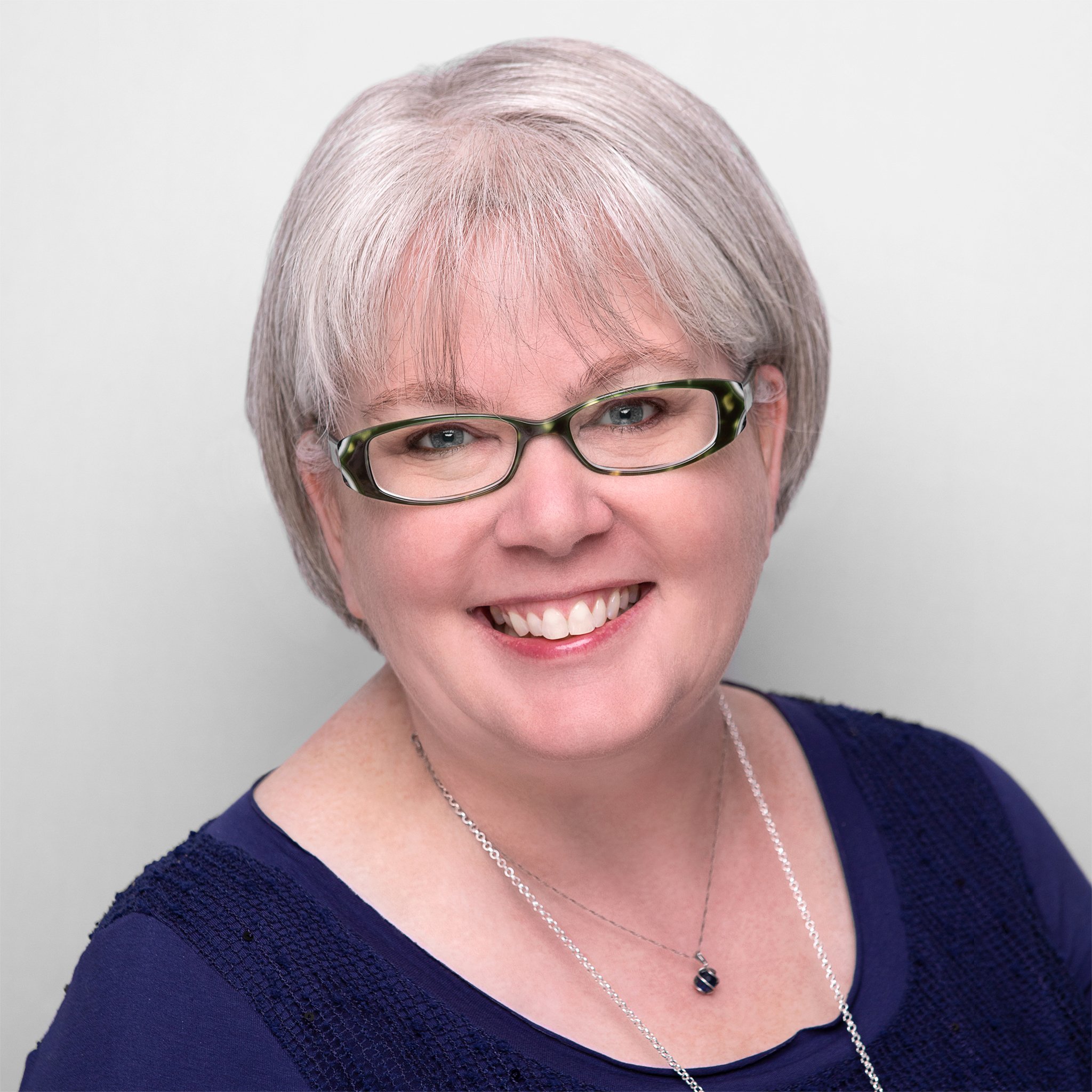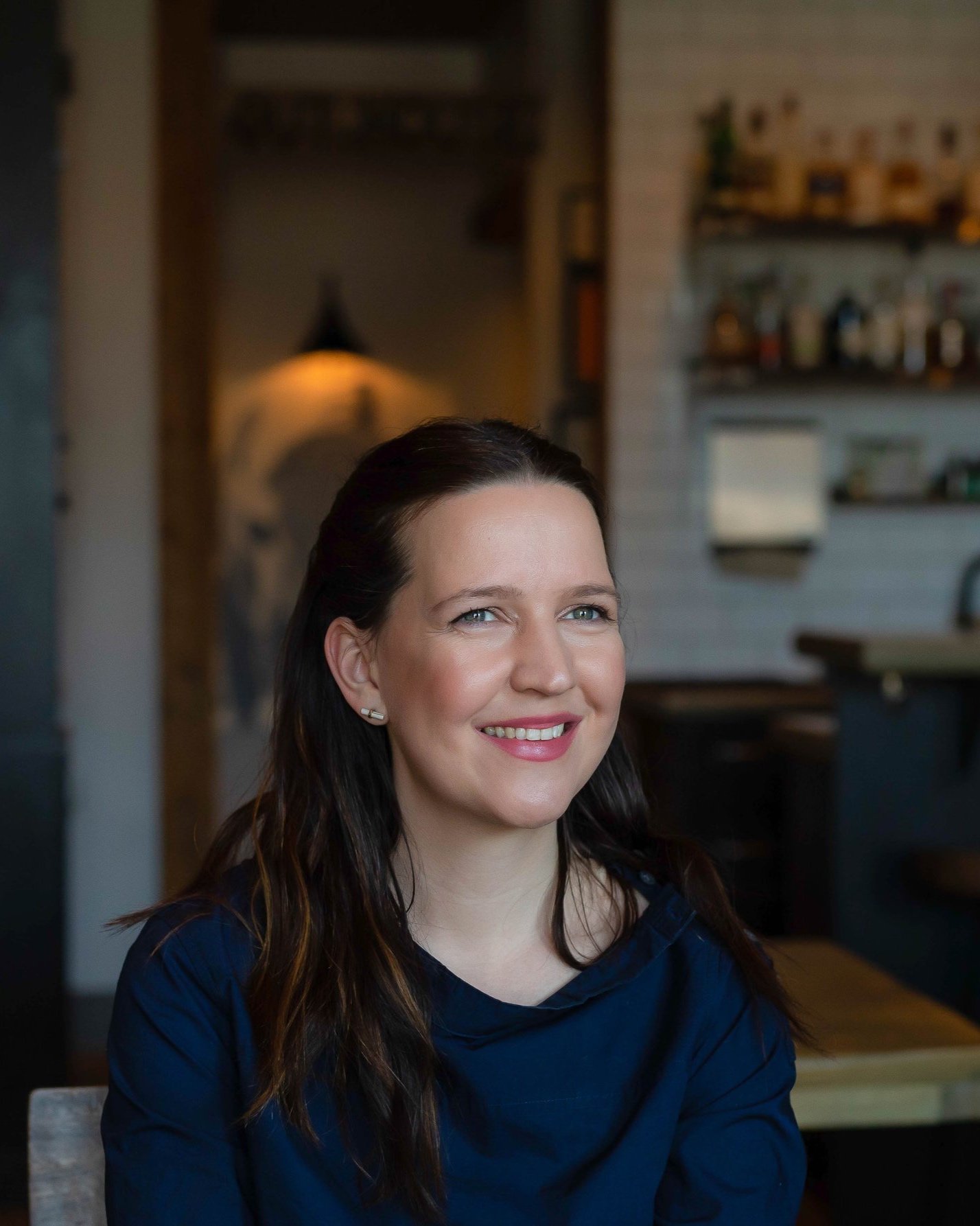Kim’s Kitchen ft. Caitlin Fulton
In the “Kim’s Kitchen” series, ITW Board Member and Tacit Knowledge founder Kim Silverthorn interviews a member of the Edmonton hospitality community - eager to learn more about their own journey with mental wellness in the workplace.
In this feature, Kim sat down with fellow board member and founder of RGE RD + The Butchery by RGE RD, Caitlin Fulton.
Me: Hi Caitlin. Welcome to Kim’s Kitchen! Thanks for joining us today. Can you tell our readers a little about your business?
Caitlin: Hi, yes for sure… My official title is Director of Operations of Range Road Restaurant and The Butchery by Range Road. We are a family-owned business - I am in partnership with my significant other (which I would never recommend LOL) but we have made it work for 10 years!
Me: What kinds of mental health struggles or themes have your teams had to deal with?
Caitlin: Everyone has their own relationship to their own mental health. But traditionally, the biggest problem we have seen over the years has to do with addiction.
Me: Why do you think that is?
Caitlin: Well #1 – access to alcohol – that’s a big thing. Part of working in a kitchen is the idea of having a beer at some point during the evening. It is a culture of normalization, to a great degree, in the restaurant and hospitality world (I mean, alcohol consumption and drug use are normalized in general, in other venues too). But I also think that the people who are attracted to this kind of work maybe don’t fit in to other jobs. The hours are weird – so if you are someone who has trouble sleeping or are more of a night-owl, this kind of work is going to be really kind of good for you. I think there is a strong sense of reward for being in a fast-paced environment - so this works for people with anxiety. I have a lot of anxiety and I cope really well under pressure. I love it and I am attracted to it. I have always been good at this kind of work but part of my super power is that I have anxiety and maybe a touch of ADD. That makes me really effective at my job. But a great way to cope with anxiety is to have a drink.
Me: For sure – there is so much enmeshment between those kinds of issues – addictions, anxiety, depression (because it usually comes with the other issues) – and this environment, because it NEEDS the people who tend to have those issues. Its about the parts of ADD, anxiety, and other mental health issues that are actually a strength – a resilience – a fortitude – they are the skills needed to be able to do this kind of work. It’s a double-edged sword. It asks people to take their greatest gifts – their greatest capabilities – their greatest strengths – whatever has them gravitating towards this job – and then uses them all up. That manifests more of the problems and, because of the fast-paced nature of the culture, there is no time to be able to deal with it in a healthy way. That fast-paced dopamine rush is both the benefit and the challenge.
Caitlin: Absolutely – definitely.
Me: How do you role model a healthy balance or wellness for yourself and for your team?
Caitlin: There is a certain amount of staff education about alcohol, spirits and wine – and we definitely do not promote drinking after work or otherwise. The culture has changed. It’s illegal to consume alcohol while working. But even beyond that, we don’t currently have issues with consumption with our team – we definitely have had issues over the years and it’s been very hard on us our team and those individuals. Early on, we had leaders on our team who were sober. That was just happenstance. Our head server and a couple of other people on the team were sober – so that behaviour organically effected the culture of Range Road. It’s not just that Blair and I have modelled that behaviour as bosses, but we have attracted people who have modelled that. And what that means is that people who do consume have not been able to hide among the group – it has really highlighted those behaviours so we can address them early on. And we do. It’s a complex issue – there is a lot of legality around addressing addiction or any mental health issue in the work place. Part of my role required a lot of research around how to speak to staff if their behaviours were interfering with work. I think that’s an ongoing challenge, with any employer.
Kim: I get that – you have to be careful of your own liability risk – but this makes it challenging for you to be supportive. You aren’t trying to be attacking or judgmental. You want to bring it up to ask what you could do to help the staff person but you have to be careful not to offend.
Caitlin: Yes! Also, I think a big thing to do is when we are having staff events, and celebrating the staff in any way, we don’t make alcohol the centre of that. When we have a group event, we try to get folks outside (cuz we are not outside enough as hospitality workers). Going forward, we will have more things activity based or family-friendly – this is really important. Being in this business can be really isolating, so we promote staff incentives (gift certificates, cook books, kitchen tools, tickets to the theatre, instead of a bottle) around communication or relationships with people.
Kim: I love that! You have talked a lot about addiction issues – but what about the ADD or anxiety or other mental health issues – is there anything else that you do to role model healthy attitudes towards that?
Caitlin: Oh boy – what we figured out over the years is if we have someone who is struggling, rather than trying too hard to correct the behaviours, we offer more support. We move them to an area where they won’t experience the same amount of stress, or they will have someone there who will assist them. I’m not a counsellor, but I think that just recognizing where people flounder and giving them the supports they need (not being shy about that), rather than just taking them out of the workplace altogether is important. We figure out where we can use this person’s skills and talents in a way that they can be supported by the team. For us, the team is everything. And it’s a lot of communication. We have systems built in place. We have team meetings before every service. We implemented this from day one. Because if everyone starts from the same page, or has all of the information, that’s a tool that helps them deal with anxiety. If I don’t know, or if I don’t have a plan for the day, I can get really lost. Starting each day with that routine and structure is really helpful.
We also use change as the opportunity to let go of some of the patterns around communication or relationships with people that are not that healthy or that great. It’s a huge learning experience to be able to let go of those things that weren’t working and introduce new ways for communication or understanding. Our Chef now has implemented meetings at the end of the week, which I think is a great way to contain everything that has gone on during the busy service. To have this debrief allows people to have this space where they can leave the stress they experienced and maybe not take it home with them. That process of decompression, which we so often fast-track with a glass of wine at the end of a shift – now we come back together with our community and have a conversation and have that be the moment of getting it all out before you go home. I think that’s been really important and has had a really positive effect on the group.
Kim: That’s fantastic – community decompression through connection and conversation, as opposed to individual decompression with substances. You are taking a challenging time (we all struggle with change) and making that adjustment positive instead of focusing on the difficulty. For our last question… do you have any mental health resources, supports or strategies that you would recommend, specifically to your team?
Caitlin: One of the biggest things in our industry is that there is not really great access to health benefit programs. And in terms of benefit packages within those programs, mental health is such an after thought. So, in the past, when people have come to us for issues, we have a health-spending budget for our core, full-time staff – and they can spend that money in the way they need to. We have had staff use it for consistent therapy, because that’s what they needed (and they would not have been able to afford it on their own).
Kim: That’s awesome – In The Weeds is a really helpful counselling resource that all YEG and area hospitality staff can access, but it’s limited to just 3 sessions at this point, because of funding. It needs an influx of fundraising supports (maybe from bigger companies within the hospitality industry) so all workers can access more of this kind of mental health support in an easier way. Are there any other community resources that you guide your staff towards?
Caitlin: Absolutely, yes, one year for gifting for management staff we used Whole Family Health, which does massage and acupuncture because this job is very physically demanding. Our staff have done yoga challenges together in the past – this was totally initiated by staff and not management. In the past, we have also unfortunately had staff in crisis situations and we have had to call AHS or 211 for emergency situations. Personally, I have recommended AlAnon to people too. But my wish – what I hope to learn - is what is that place that is before it comes to that final call to emergency support – idealistically, I would love to be able to reach people before it comes to that call.
Kim: I get that – have you guys done any in-service training or workshops with your staff as a whole, around mental health?
Caitlin: We have not – but I would love to. If you have any referrals to that kind of thing, I would love that.
Kim: Of course – any time – the two mental health agencies (Tacit Knowledge and Momentum Counselling) that work with In The Weeds offers this to restaurants or hospitality businesses. And there are different mental health practices all over the city that can provide this kind of educational awareness and support for the industry. We will talk more after the interview! Thanks so much for your time today – your experiences are really going to echo strongly with our readers!


